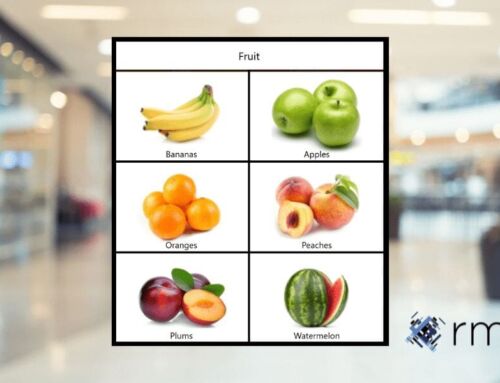Author
Tommy Chapman
Share
The Future of Barcode Scanners: Honeywell Battery Free

At RMS, we’re delighted to be suppliers of the Honeywell battery-free barcode scanner range, including the Voyager 1202g-bf and the Xenon 1902g-bf, which we believe represent a true innovation in the field of retail devices.
Instead of using traditional Lithium-ion batteries, which have environmental and ethical concerns and require staff-hours to maintain their recharge and replace cycles, the Honeywell battery-free barcode scanner uses supercapacitor technology.
“Supercapacitors store energy electrostatically on the surface of a conducting material. This contrasts with Lithium-ion, Lead-acid and other batteries, which produce power through a chemical reaction” – Honeywell, “Introducing a Green option for barcode scanning”.
Supercapacitors vs. Batteries

By using supercapacitive materials and by storing the potential energy on the surface of them, supercapacitors discharge and recharge energy much more quickly than Lithium-ion batteries, which transfer Lithium ions between different crystalline materials by using a slow redox reaction. While both supercapacitors and batteries can be made from toxic heavy metals, there is great progress toward using more and more environmentally friendly materials in supercapacitors, such as graphene.
There are many advantages from a technical perspective when using a supercapacitor over a battery. For instance, they maintain a long cycle lifetime—they can be cycled hundreds of thousands of times with a minimal change in performance. A supercapacitor’s lifetime spans 10 to 20 years. They charge in seconds and deliver energy at temperatures as low as 40C.
The Problem with Batteries
Initially developed for commercial usage by Sony in 1991, Lithium-ion batteries have a long and controversial history including a price-fixing scandal and ethical concerns over the mining on the nickel and cobalt used in them. They have a significant environmental impact in relation to their short life cycle. While they can be recycled, they generally aren’t due to the low yield from the recycling process. They are at the core of our mobile phones, the devices we use most, yet have exploded on the consumers who trust them. Minimising your business’ use of Li-ion batteries is a strong statement about caring about the environment.

Supercapacitor vs. Battery Barcode Scanners
Traditional barcode scanners use lithium-ion batteries that typically work for a full 8 hour-shift before requiring a recharge. As the discharge/recharge cycle erodes the battery, Li-ion batteries typically lose capacity and require replacement after 500 cycles. To add further complications, many barcode scanners do not use typical consumer batteries and require specialist replacements delivered from the supplier.
On the other hand, supercapacitors were originally developed in the 1950s to power large military vehicles, primarily tanks and submarines. They’ve had large-scale applications over the past half-century but there has been difficulty scaling them down to power handheld devices.
Honeywell has adapted and refined supercapacitor technology to work at the handheld scale. The lifecycle of a supercapacitor is such that it will never need to be replaced during the typical life of a barcode scanner (10 years+). Typically, a battery-powered scanner would require £60 – £100 worth of battery replacements during a standard product lifespan.
From an environmental perspective, negating the use and disposal of heavy metals, a battery-free barcode scanner’s carbon footprint is internalised in its manufacturing and subsequent recharging. A battery powered scanner has to account for the manufacturing, shipping and charging or various replacement batteries.
So, in addition to being more environmentally friendly, a supercapacitor-powered scanner saves on several business expenses:
- The cost of battery replacements (and the environmental impact of the manufacturing and shipping of those batteries)
- The handling and recycling of Li-ion batteries
- The labour time involved in replacing batteries
Honeywell battery-free scanners can scan up to 450 barcodes on a single charge and take less than 60 seconds to recharge over a powered USB connection. Additionally, the scanners use Bluetooth Low Energy Class 2 to provide a 10-meter wireless range.
We firmly believe that supercapacitor powered scanners are the future of barcode scanning and are delighted to supply them to our customers.
Read more about Honeywell powered battery scanners their product pages:
Honeywell Voyager 1202g-Bf Battery-Free Wireless Laser Scanner
Honeywell Xenon 1902g SR Cordless Battery-Free Wireless Area-Imager Scanner
Key Terms
Share:
Sign up now for news and special offers!
Join our Newsletter
*We are collecting your email information in order to add you to our newsletter recipient list. You can unsubscribe from our communications at any time. You can do this by contacting us or by clicking the unsubscribe button on any of our communications with you.
You can find more information about the details we hold about you and the way we use them in our privacy policy, and you can access this here or we can send you a copy.




